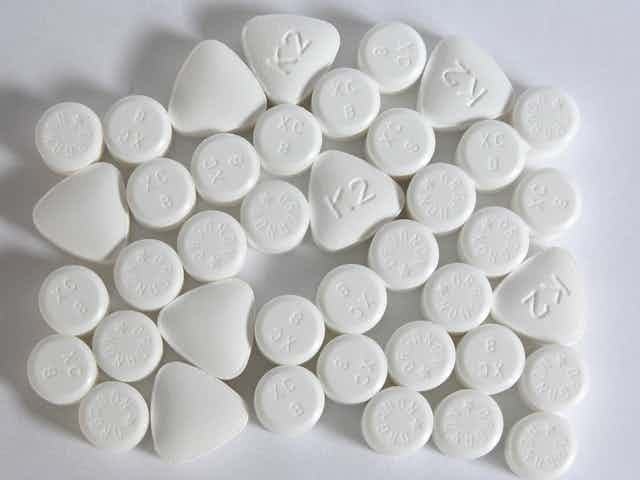The Olympics is arguably the greatest show of combined physical and mental prowess we’ll ever see. The Games challenge competitors and challenge the watching public to think about the achievements they’re witnessing. At London 2012, we will likely be both elated by a new Olympic world record and deflated by yet another doping incident.
But what if doping was legal at the Games? What would the problems be, and what would the event look like?
Obviously if everyone had access to the same drugs - equally distributed - there would be no question of cheating through drugs. Equally obviously, if the drugs used were bad for short-term health, they would not be used by athletes. Poor health is detrimental to sporting achievement.
But would such an Olympics be fair? Even if the next Olympics was entirely populated by doped athletes – each given the same drug for their particular sport – there would be an overwhelming question of whether sport was unfair.
Drugs aren’t the only training aid: not everyone has the money to pay for swimming lessons, the best running shoes or the best coaches.
And even if the drugs had minimal short- or long-term side-effects – akin to nutritional supplements - there would still be nagging questions about the overall health of elite sportspeople who endure extraordinarily high rates of injury as a by-product of intensive training.

But what about the audience: would they see an Olympic Games that was more or less interesting? That depends on what kind of drugs were available.
Let’s suppose there’s a magic pill for each Olympic event. Given a minimal number of training hours, and taking the magic pill a specific number of hours before the race, each athlete would run, swim or throw exactly the same. It would be a sporting disaster, but a triumph for biotechnology.
What if the magic pill was not so magic? What if this magic pill had rather less-certain impacts upon sporting achievement – rather like stimulants, steroids and blood doping? If some of our suspicions are correct, it wouldn’t be particularly different to today’s Olympics, because many athletes might already be on such drugs but mask them well.
But even if this was not the case, drug use of this sort would be an additional factor, not the factor, in determining the race order. All the banned supplements in the world – at correct doses – won’t overcome the need for lots and lots of training.

For the spectator, the results would probably look roughly the same, possibly after a slight spike in Olympic records after the introduction of legal doping. The element of uncertainty, so vital for sport, would still be there. Ethically, depending where you put drug use among the many other forms of unfairness, the doped results may be the same.
But doping isn’t just pills and shots. What about gene doping? Swimmers with webbed feet, long jumpers with extraordinarily long legs, marathon runners whose have not a gram of extra weight.
The list of potential modifications is endless, as are the ethical concerns stemming from such scenarios.
So far genetics has shown much potential but very little in the way of designing human shapes and sizes. Gene doping is likely to result in minor changes to the body and impossible-to-predict results on performance. I suspect the element of sporting uncertainty would still exist.
There is no advocating here – just a dose of realism. An Olympics on dope would be an uncomfortable prospect. The possibility of openly using doping products would send out a disturbing message to aspiring athletes and may result in further damage to the long-term health of elite athletes.
But as to what it would look like: while some records may tumble, they probably wouldn’t fall by much. And while some new drugs might be found that market themselves as the drug for 100m, 200m, 1500m runners, they are unlikely to be as magical as the spectacle we are currently witnessing.

